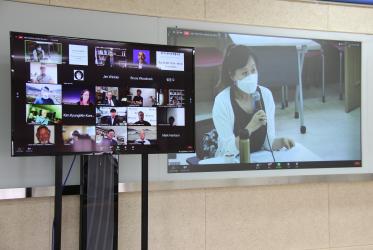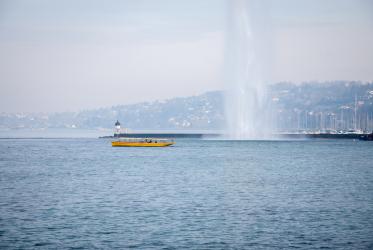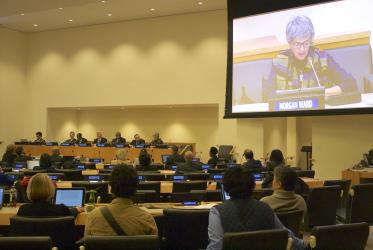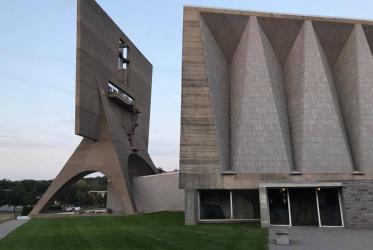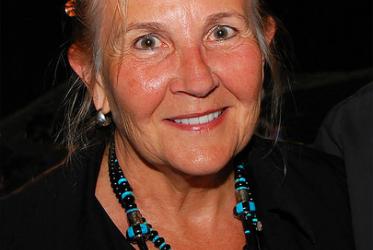Displaying 1 - 20 of 27
WCC well-represented in Religions for Peace leadership
07 October 2019
WCC climate justice project wins Keeling Curve Prize
11 July 2019
Tveit: Beyond national borders, we are one humanity
23 January 2018
Dozens of countries sign nuclear weapons ban treaty
20 September 2017
Tveit: search for unity “an urgent need today”
09 September 2017
“Children are the heroes of the aboriginal residential schools story”
25 September 2015


